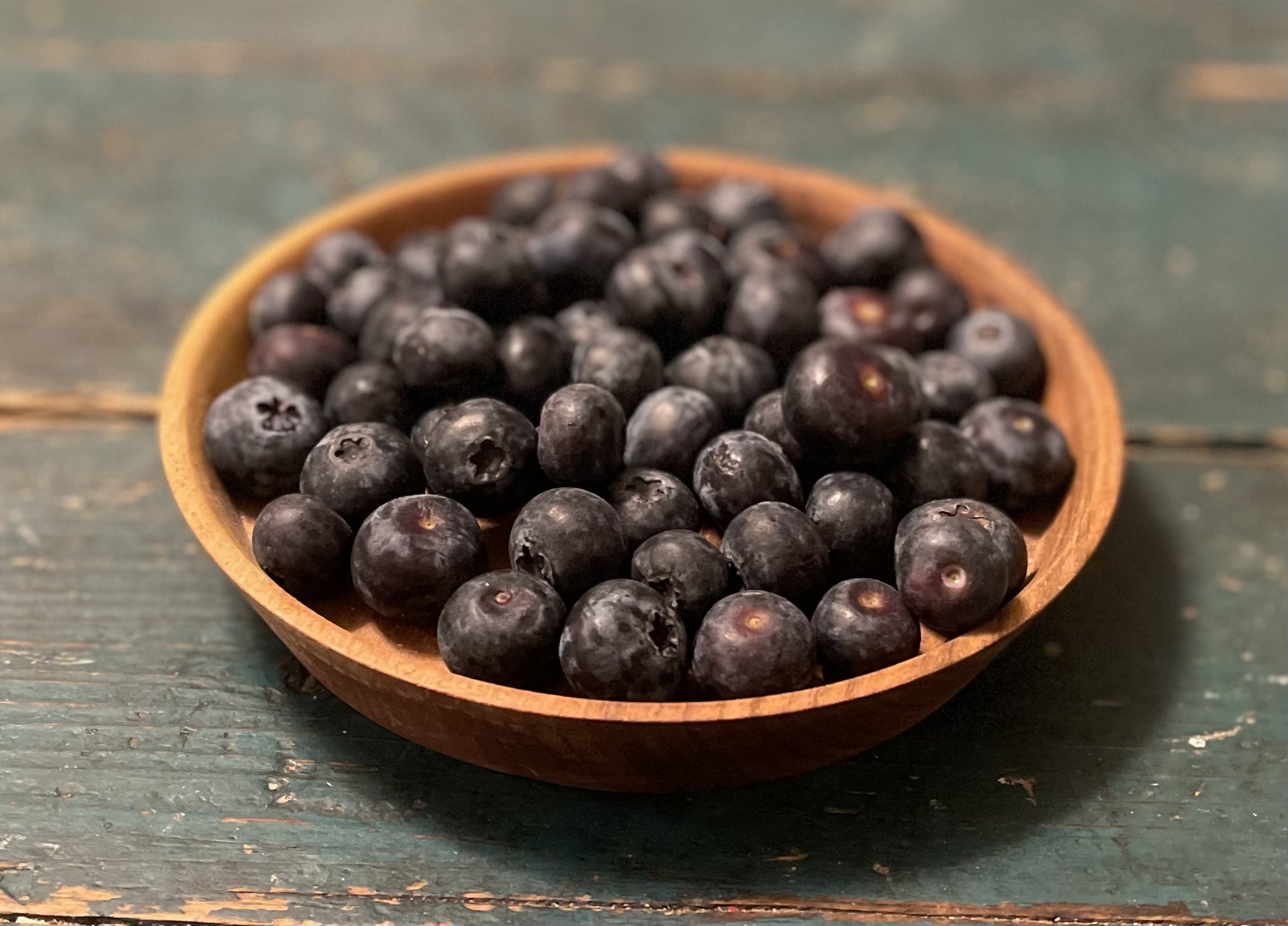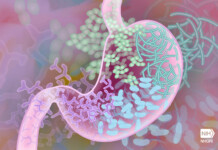By Nancy Clark MS RD CSSD — Wouldn’t it be nice if athletes could get a genetic test that tells them precisely what they should eat to enhance their performance? Of course, the answer is yes! Personalized (or precision) nutrition currently exists as a growing area of interest to athletes. Yet, the field is in its infancy. To date, precision nutrition is not precise enough to tell athletes what they can eat to be able to perform better. Plus, many factors impact performance and health, including sleep and dietary patterns. Regardless, athletes are already buying (expensive) genetic testing kits.

Speaking at the Academy of Nutrition and Dietetics annual conference (Oct 2021, www.eatright.org), exercise physiologist David Nieman PhD, director of the Human Performance Laboratory of Appalachian State University, stated we can’t yet make claims about what to eat based on genetic testing because the results are just too variable. Plus, many factors impact performance and health, including sleep and dietary patterns. More research is needed before athletes can get valid personalized nutrition recommendations.
Without question, exercise scientists are getting better at analyzing genetics and each athlete’s metabolites (end-products of exercise metabolism). This has the potential to improve our understanding of how genes, diet, and exercise interact. But the diversity of responses leaves big gaps in knowledge.
Case in point: genes related to caffeine metabolism. Consuming 3 to 13 mg caffeine per kilogram of body weight reportedly improves athletic performance. But why do only some athletes perform better with caffeine? Is the difference due to genetics? Genetic tests can identify which athletes have the ability to metabolize caffeine quickly or slowly. But Dr. Nieman reported the data shows no patterns that reliably link caffeine-metabolizing genes to enhanced athletic performance.
Is inflammation related to genetics?
Here’s an example of how personalized nutrition could potentially help athletes. At the Western States 100-Mile Endurance Run, Dr. Nieman measured inflammation (cytokines) in 154 ultra runners. The amount of inflammation varied widely. Some runners had very high levels of cytokines and others very little. Was this due to genetics? Unknown; genetic testing couldn’t explain the differences.
Neiman has identified that exercising “on empty” creates inflammation. That is, athletes who exercise first thing in the morning without eating have an immediate spike in inflammatory cytokines. Regardless of their genetics, athletes can reduce this inflammatory response by about 40% just by consuming carb before and during extended exercise.
Does the kind of carbohydrate eaten make a difference? That is, would consum-ing banana or blueberries be less inflammatory than chugging a sport drink? Here’s what research tells us about the impact of carbohydrate before and during exercise:
- Cells function best when they are fed. Both sugar from a sport drink and sugar from a blueberries or banana can help cells function optimally and curb a negative stress response.
- Polyphenol-rich fruit/fruit juice (such as blueberries, blueberry juice) curb the inflammatory response more than fruit low in polyphenols, such as banana.
- The best dose of polyphenols from fruit is unknown. Dr. Nieman’s initial research looked at the polyphenol quercetin (found in apples). He learned very high doses of quercetin were not helpful. Nieman then tested polyphenols in amounts that athletes could easily consume. He saw better results.
For example, when athletes ate (or not) 1 cup of blueberries a day for two weeks before a 75-mile hard cycling test, the inflammatory response was much lower overall. But that said, the response varied by 14-fold among the blueberry eaters. Eight cyclists experienced high inflammation, 13 had a moderate amount, and 10 had much less inflammation. Could genetic testing help identify the athletes who responded with high inflammation? If yes, could sports dietitians encourage those athletes to eat extra blueberries to get a stronger anti-inflammatory response? We don’t know yet…
- Similarly, among runners in the Western States 100-Mile Endurance Run, those who experienced a lot of muscle damage had a gene that limits their bodies’ use of choline, a nutrient that helps repair cell membranes. Could genetic testing help identify those athletes, so they could eat more choline-rich foods, such as eggs and liver? Would that help them decrease their post-exercise muscle damage, soreness, and inflammation? Stay tuned.
Inflammation creates problems for athletes. What if athletes with high inflammation could get a genetic test to determine if their exercise-induced inflammation was related to genetics? Could they then be advised to participate in, let’s say, swimming instead of ultra-running? (and would they do that?)
A multi-factorial view
Is inflammation related primarily to genetics?, diet? or some other factor, like the microbiome? (Microbiomerefers to the billions of bugs that live in your gut and have a strong influence on your immune system.) Dr. Neiman suspects the athletes with a robust, microbiome have less of an inflammatory response to exercise compared to athletes with a weaker microbiome. How much does genetics influence the microbiome?
We know that athletes who eat a polyphenol-rich diet (fruits, veggies) do a good job of feeding their gut microbes. They tend to have a more vibrant microbiome than those athletes who eat a diet filled with ultra-processed foods. Maybe diet is the driving force that reduces inflammation—more so than genes? We have so much to learn…
The bottom line: Athletes vary widely in their metabolic responses to hard exercise and to the ways that food influences that response. While we do not yet know what triggers the variance (genetics? diet? the microbiome?), we do know that diet reduces inflammation (soreness, muscle damage). By regularly consuming colorful fruits (berries, cherries, apples, etc.) and colorful veggies (spinach, carrots, tomatoes, etc.), you’ll likely get more bang for your buck than spending that money on genetic testing kits that likely produce questionable nutrition recommendations. Be patient; the future of sports nutrition is just around the corner!






